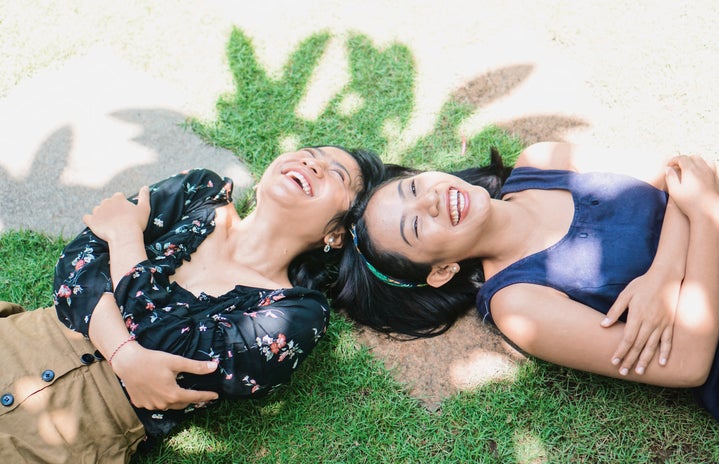With the month of May dedicated to Asian American Pacific Islander (AAPI) heritage, I have had this time to think and reflect on my own personal experiences related to my cultural and ethnic identity. Through social media, I have found that many Asian Americans have experienced the push and pull of trying to figure out where they fit in when it comes to the labels of Asian and American.

I believe this guilt has manifested over time into a greater feeling of detachment from my identity as a Korean American. How could I say I am Korean if I lack the ability to speak the language? Yet, at the same time, I didn’t know if I could fully Identify as an American either. There have been moments where my presence was a spectacle, or I was hyper-aware of the fact that I was one of the only Asians in the room. In those moments, I questioned if I could ever really identify as an American when I felt so out of place.
This insecurity about my American identity was further amplified when it came to the physical differences I saw in myself and others. When I was younger, I had a hard time accepting the way I looked. Perhaps it was because what I saw on TV, social media, or any media for that matter, credited beauty to western features. Rarely was an Asian ever in the spotlight. Of course, over time, we have witnessed a rise in representation of the Asian community, not only in screen time but also in the diversity of roles Asian actors/actresses have taken on, but there is still this western beauty standard that would occupy the back of my mind when I was younger.
This left me stuck in between two identities that I felt disconnected from. I felt like a fraud identifying as a Korean because I couldn’t speak Korean, and yet I felt like I would never be able to be seen as just an American for the way I looked.



